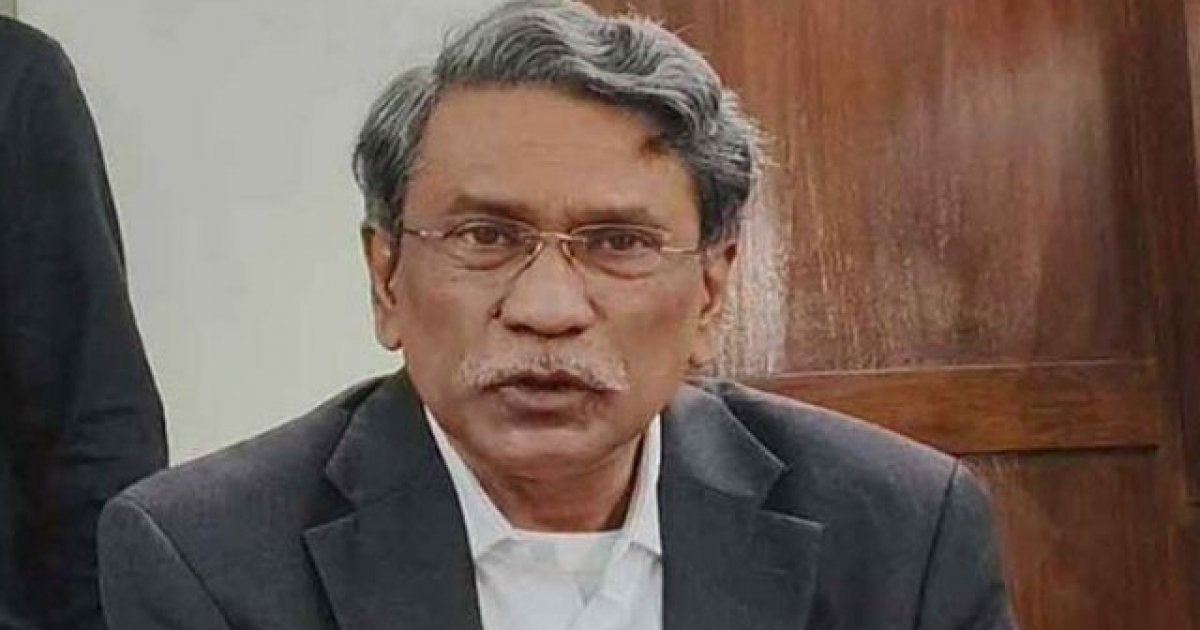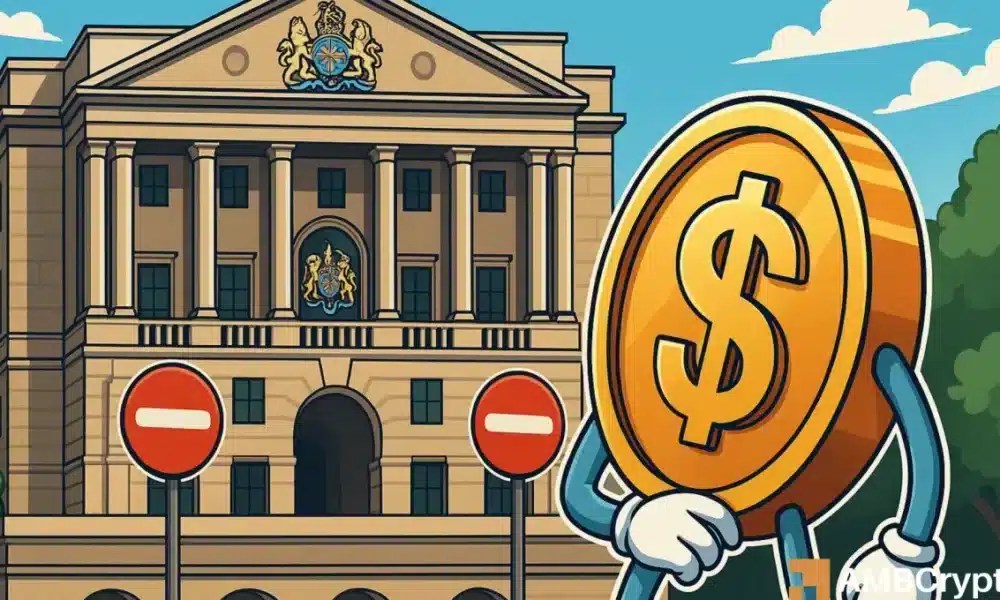Fed Governor Says a CBDC in the US Has ‘Unclear’ Use Case and Presents Significant Risks
The post Fed Governor Says a CBDC in the US Has ‘Unclear’ Use Case and Presents Significant Risks appeared on BitcoinEthereumNews.com. Federal Reserve Bank governor Michelle Bowman says that the use case for a central bank digital currency (CBDC) in the US remains unclear. In a new roundtable speech at Harvard, Bowman says that there may be alternatives to CBDCs that already solve the same issues that a digital dollar purports to address. “It is quite possible that other proposed solutions may address many or all of the problems that a CBDC would address, but in a more effective and efficient way. Further, the potential benefits of a U.S. CBDC remain unclear, and the introduction of a U.S. CBDC could pose significant risks and tradeoffs for the financial system. These risks and tradeoffs include potential unintended consequences for the U.S. banking system and considerable consumer privacy concerns.” According to Bowman, stablecoins, or dollar-pegged crypto assets, could be viable alternatives to CBDCs, but she says they also pose risks to the US financial system as they are less regulated and have been unstable in the past. Bowman cautions that CBDCs and stablecoins should both be approached with wariness. “Another alternative to traditional forms of money and payment, or to a CBDC, is stablecoins. This form of payment emerged primarily to support the trading of crypto-assets but increasingly has been proposed as an alternative to traditional payments and as a store of value. Stablecoins purport to have convertibility one-for-one with the dollar, but in practice have been less secure, less stable, and less regulated than traditional forms of money. Digital assets used as an alternative form of money and payment, including stablecoins, could pose risks to consumers and the U.S. banking system. Therefore, it is important to understand risks and tradeoffs associated with digital assets and new arrangements used for banking and payments. While I support responsible innovation that benefits consumers, I caution…

The post Fed Governor Says a CBDC in the US Has ‘Unclear’ Use Case and Presents Significant Risks appeared on BitcoinEthereumNews.com.
Federal Reserve Bank governor Michelle Bowman says that the use case for a central bank digital currency (CBDC) in the US remains unclear. In a new roundtable speech at Harvard, Bowman says that there may be alternatives to CBDCs that already solve the same issues that a digital dollar purports to address. “It is quite possible that other proposed solutions may address many or all of the problems that a CBDC would address, but in a more effective and efficient way. Further, the potential benefits of a U.S. CBDC remain unclear, and the introduction of a U.S. CBDC could pose significant risks and tradeoffs for the financial system. These risks and tradeoffs include potential unintended consequences for the U.S. banking system and considerable consumer privacy concerns.” According to Bowman, stablecoins, or dollar-pegged crypto assets, could be viable alternatives to CBDCs, but she says they also pose risks to the US financial system as they are less regulated and have been unstable in the past. Bowman cautions that CBDCs and stablecoins should both be approached with wariness. “Another alternative to traditional forms of money and payment, or to a CBDC, is stablecoins. This form of payment emerged primarily to support the trading of crypto-assets but increasingly has been proposed as an alternative to traditional payments and as a store of value. Stablecoins purport to have convertibility one-for-one with the dollar, but in practice have been less secure, less stable, and less regulated than traditional forms of money. Digital assets used as an alternative form of money and payment, including stablecoins, could pose risks to consumers and the U.S. banking system. Therefore, it is important to understand risks and tradeoffs associated with digital assets and new arrangements used for banking and payments. While I support responsible innovation that benefits consumers, I caution…
What's Your Reaction?









































